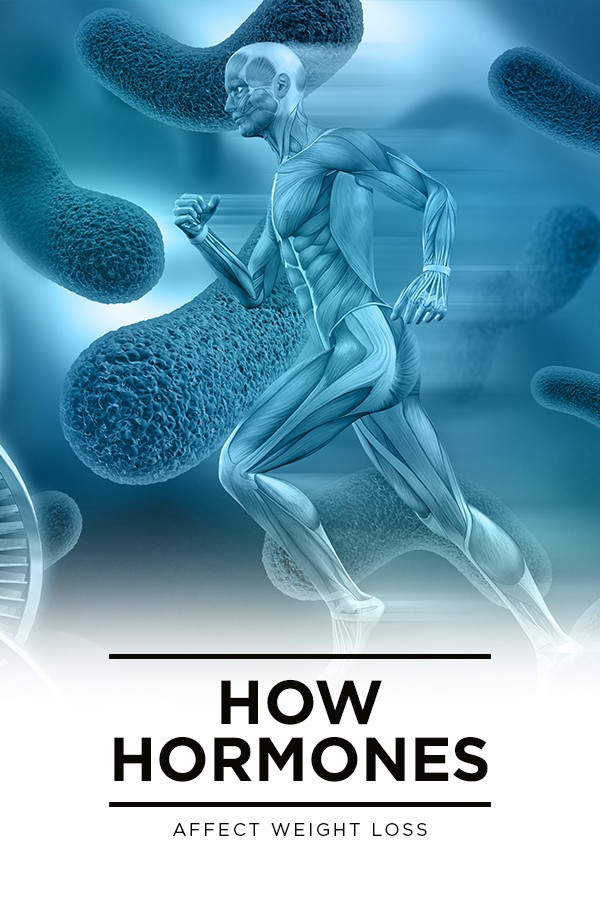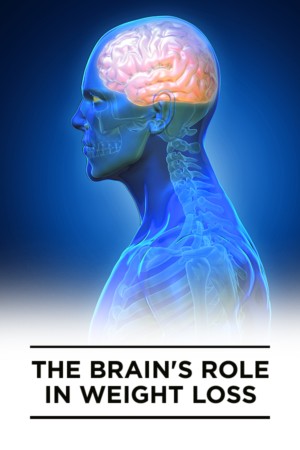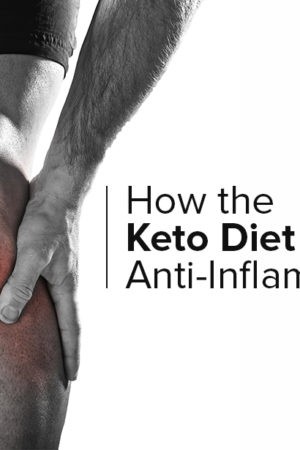When you have a discussion with your friends about weight loss, the following topics are likely to come up:
- Diet
- Exercise
- Hydration
- Sleep
- Routines
- Snacking
All of these are great topics, and every single one of them is integrally involved with weight loss, gain, and control. This isn’t an all-encompassing list, however. One of the most crucial cornerstones of weight control is how hormones affect your body; unfortunately, these are rarely discussed. Let’s go through a quick crash course on some of the critical hormones, what they do, and how keto affects them.
Insulin
This is the single greatest hormonal factor when it comes to fat. This hormone is manufactured in the pancreas, and one of its primary roles is to regulate your blood sugar. When glucose enters the bloodstream, the pancreas releases insulin, which reacts with the glucose and allows it to enter your cells. Without this critical hormone, that energy couldn’t get inside.
When we consume too much glucose, we’re continually triggering the release of insulin. Over time, that has two effects: it can place too much stress on the pancreas and essentially wear it out, to the point where your body can’t produce enough insulin. Second, it can cause your body to build up a tolerance, called “insulin resistance,” meaning that your body has to produce higher and higher amounts to achieve the same effect. Neither of these is good. When your insulin levels aren’t working correctly, it’s a recipe for increased weight gain and makes losing weight much more difficult.
Overuse of insulin is essentially what causes Type 2 diabetes (T2D). Diabetics have to carefully control their diets and inject insulin on a regular basis to maintain well-controlled blood sugar, and there are serious negative side effects if the balance isn’t controlled—up to, and including, death. The good news is that keto can not only increase the body’s insulin sensitivity (i.e., the opposite of insulin resistance), it can do it so incredibly well that it can often completely reverse the symptoms of T2D, effectively curing the disease.1
In the study listed above, 94 percent of the diabetics in the study were able to decrease, or completely eliminate, their dependence on insulin to manage their condition. Fully 60 percent of the patients showed HbA1c levels below the standard for classifying diabetes—which means that at the end of the study, they didn’t have diabetes anymore.
This isn’t guaranteed, of course, and it depends on other lifestyle factors. If you are a diabetic, consult with your doctor before making any significant dietary changes or adjustments to your medication. That being said, significant clinical evidence showing keto can help restore balance to your body’s insulin production and sensitivity.
Chronic inflammation
There is good and bad inflammation. The good kind is typically acute: if you suffer an injury, the body rushes blood to the area to assist in the healing process. The area surrounding the injury is red and inflamed, but it’s temporary while your systems work together to facilitate repair.
The bad kind of inflammation is often chronic and caused by our lifestyles. Not exercising enough, having an unhealthy diet, and consuming too much sugar can create chronic inflammation. Over time, this creates a host of health problems: your joints wear out more quickly, you’re in constant low-grade pain and discomfort, and increased risk of sickness. Chronic inflammation also increases the likelihood that plaque will collect in your arteries, increasing your chances of heart disease.
The most common source of chronic inflammation in a Western diet is excess carbohydrates. Keto addresses this by converting the body’s metabolic pathway from glycolysis to ketosis, utilizing ketones for energy instead. As you adjust to this diet change, chronic inflammation decreases, contributing to whole-body healing.
In this study2, for example, Lead researcher Raymond Swanson, MD, stated: “I was most surprised by the magnitude of this effect because I thought ketogenic diets might help just a little bit. But when we got these big effects… I thought wow, there’s really something here.”
Leptin
This hormone is produced by fat cells and signals the brain (specifically, the hypothalamus) how much you need to eat based on how many calories you have available. Basically, it acts as a scale and says: “Nope, we’ve got enough—eat less” or “Dude, we seriously need more energy—hit the buffet NOW!” Its primary role in the body is to keep us from both starving and overeating.
When your leptin levels are stable, you can hit a stable weight. If your leptin levels are low, however, the message that you need to slow down eating never gets delivered to your brain. This is called “leptin resistance,” and is known as one of the leading causes of obesity.3 This causes you to eat more and slows your metabolism because your brain thinks that you’re slowly beginning to starve.
When you enter ketosis, you begin to burn fat as fuel. Not only does this change the biological source of your energy, but it also begins to promote leptin sensitivity and restore the body’s natural hormonal balance, meaning your brain starts receiving more accurate signals. This increases your ability to lose weight and keep it off.
Ghrelin
Ghrelin works with leptin to control the body’s appetite. While leptin is produced by fat cells and tells the brain how much energy you have stored, ghrelin originates in the gastrointestinal tract and lets your brain know if you are digesting something or if you’re ready for more. The hypothalamus balances these signals and decides whether you need to eat at all and, if so, how much.
Carbs are quick-burning fuels, which means they’re digested quickly. If your stomach is repeatedly emptying itself, you can condition your ghrelin-producing cells to continually want more, creating a virtually endless cycle of snacking. Combine this with any level of leptin resistance, and it’s a recipe for instant and constant weight gain.
Keto causes your body to switch from glucose as fuel (which must be regularly consumed) to using fat, which is stored. Once you become fat-adapted, which basically means your body gets used to ketosis instead of glycolysis, the body can efficiently switch from consumed fat to stored fat, decreasing the production of ghrelin because you have a constant source of energy and nutrition.
The tip of the iceberg
This just barely scratches the surface of hormones and how they interact with your body to affect your weight and fat stores. As you can see from just these four examples, however, hormones form a cornerstone of effective dieting and weight control. Where these hormones go wrong is often the cause of excess carbohydrate consumption.
The ketogenic diet can help restore balance to your system, even if it’s for a relatively short 60- to 90-day period. Although we’re huge fans of long-term ketosis here, cycling on and off of the keto diet regularly can help your body maintain homeostasis and health.
NUTRITIONAL DISCLAIMER
The content on this website should not be taken as medical advice and you should ALWAYS consult with your doctor before starting any diet or exercise program. We provide nutritional data for our recipes as a courtesy to our readers. We use Total Keto Diet app software to calculate the nutrition and we remove fiber and sugar alcohols, like erythritol, from the total carbohydrate count to get to the net carb count, as they do not affect your blood glucose levels. You should independently calculate nutritional information on your own and not rely on our data. The website or content herein is not intended to cure, prevent, diagnose or treat any disease. This website shall not be liable for adverse reactions or any other outcome resulting from the use of recipes or recommendations on the Website or actions you take as a result. Any action you take is strictly at your own risk.
- The Brain’s Role in Weight Loss - March 11, 2019
- Making Fat Loss EPOC - March 8, 2019
- Overcoming Plateaus - March 6, 2019




